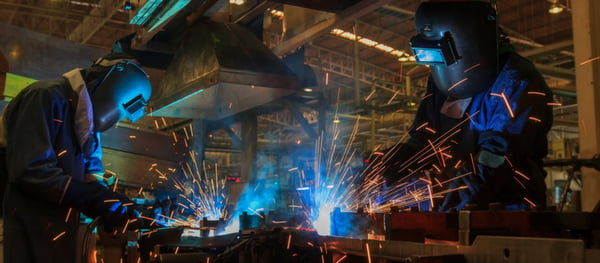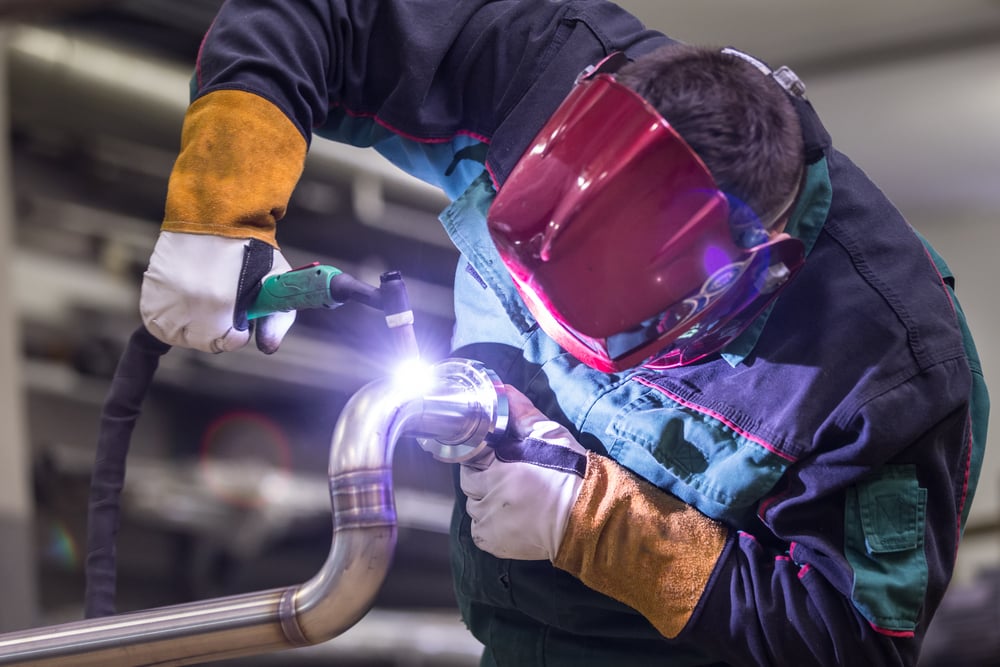Do College Grads Have The Right Degrees For Today's Manufacturing Workforce?
Michael Cosgrove February 15, 2017
The manufacturing industry is growing increasingly complex. As a result, entry-level manufacturing employees need more than just a high school diploma. However, there is a disconnect between the educational levels of those applying for manufacturing jobs and the educational levels required by employees.

Siemens recently experienced this disconnect firsthand when they held a job fair in North Carolina. Of the 10,000 applicants who applied, just 15% were able to pass reading, writing and math screening exams.
To fill in the gap, Siemens created an apprenticeship program for seniors at local high schools. The program combines four years of on-the-job training with an associate degree in mechatronics from nearby Central Piedmont Community College. It's a win-win for young professionals and Siemens alike, as apprentices receive a tuition-free degree and a salary of more than $50,000 a year while the company receives a steady stream of talent.
Siemens is one of many companies experimenting with worker training programs to solve the manufacturing skills gap. For a deeper look at what's contributing to the skills gap, read the full article on the New York Times.
Did you find this useful?









